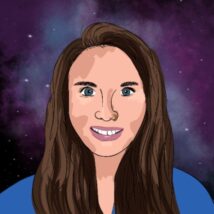
Maria Temming
Assistant Managing Editor, Science News Explores
Maria Temming is the Assistant Managing Editor at Science News Explores. Maria has undergraduate degrees in physics and English from Elon University and a master's degree in science writing from MIT. She has written for Scientific American, Sky & Telescope and NOVA Next. She’s also a former staff writer at Science News.

All Stories by Maria Temming
-
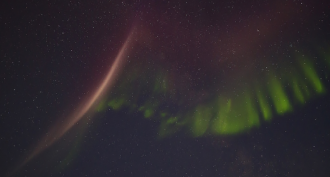 Earth
EarthNew insights on how STEVE lights up the night sky
Satellite data and photos snapped by citizen scientists reveal the origins of the strange atmospheric glow called STEVE.
-
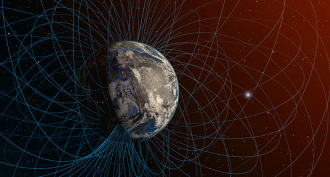 Brain
BrainPeople may indeed have a sixth sense — for magnetism
People may process information about Earth’s magnetic field without knowing it, a study of brain waves suggests.
-
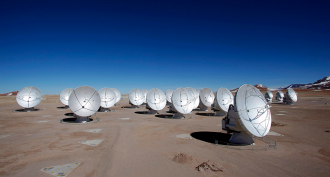 Tech
TechIt took a ‘virtual’ telescope to actually picture a black hole
Here’s how scientists connected eight observatories across the world to create one Earth-sized telescope. This is what it took to create an image of a black hole.
-
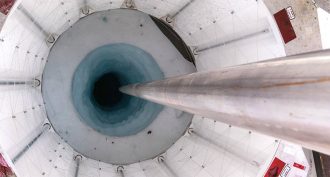 Animals
AnimalsAnimal graveyard found in deeply buried Antarctic lake
Mud from Antarctica’s Lake Mercer surprised scientists with what appeared to be the carcasses of tiny animals. A neighboring lake had only microbes.
-
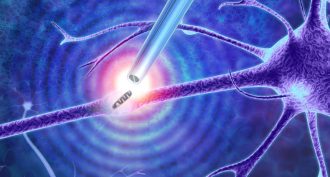 Tech
TechElectro-tweezers let scientists safely probe cells
These nanotweezers can sample the innards of cells without killing them. They use an electric field to net materials for study. And they are gentle enough to repeatedly probe the same cell.
-
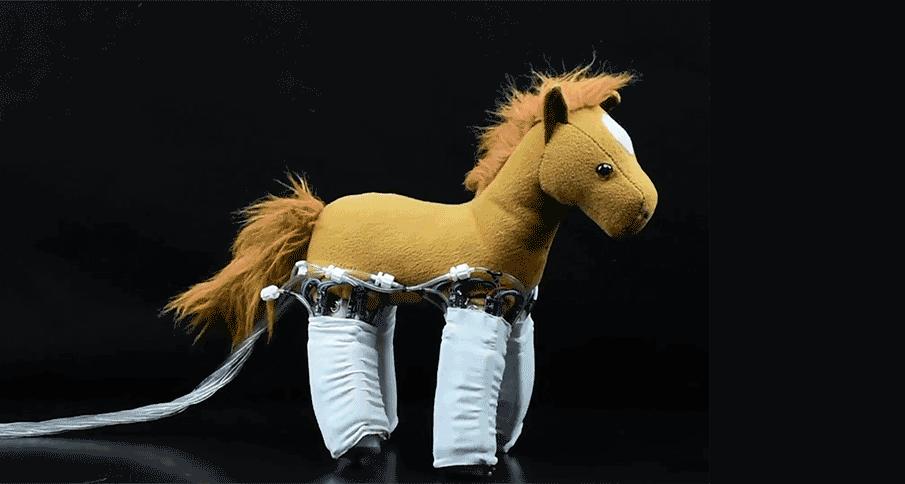 Tech
TechSoft robots get their power from the skin they’re in
A flexible electronic “skin” embedded with air pouches or coils can wrap around inanimate objects, turning them into handy robots.
-
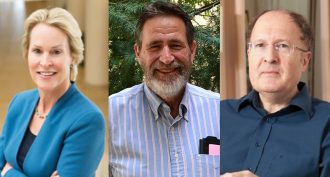 Chemistry
ChemistryThree take home chemistry Nobel for harnessing protein ‘evolution’
New ways to create customized proteins for use in biofuels and medicines earned three researchers the 2018 Nobel Prize in chemistry.
-
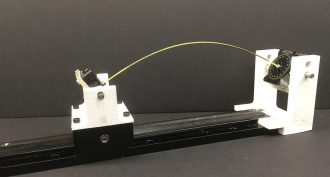 Physics
PhysicsThe perfect spaghetti snap starts with a twist
A spaghetti-snapping machine helped scientists find the secret to cleanly breaking pasta in half: First, give it a twist.
-
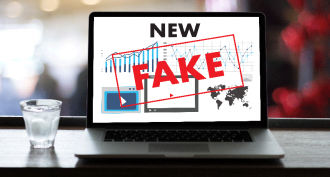 Tech
TechScientists enlist computers to hunt down fake news
Who can you trust? What can you believe? Scrolling through a news feed can make it hard to decide what’s real from what’s not. Computers, however, tend to do better.
-
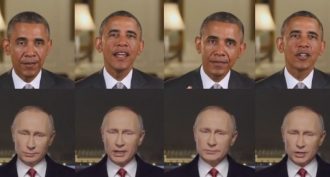 Computing
ComputingComputers can now make fool-the-eye fake videos
Hackers can now use computers to move facial expressions (and more) from someone in one video to a person in another. The results look totally real, ushering in a whole new type of fakery.
-
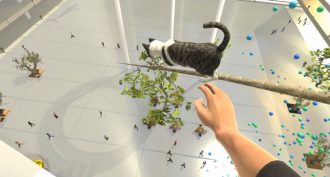 Psychology
PsychologyAre you scared of heights? Virtual reality could help
Virtual reality may help people battle a real-world fear of heights.
-
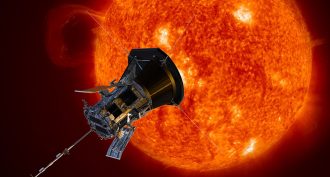 Space
SpaceThe Parker Solar Probe aims to touch the sun
The Parker Solar Probe is about to make a historic voyage to the sun.